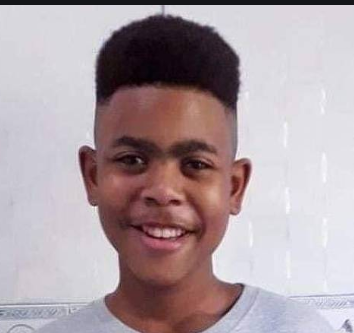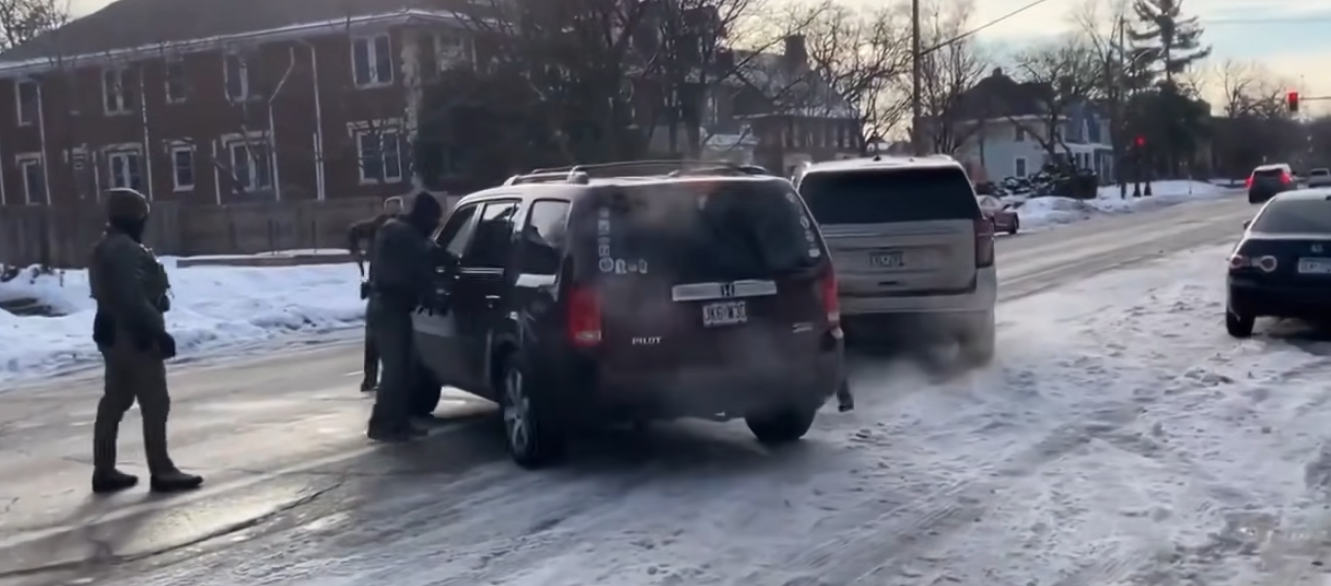[Police Violence\Brazil]
BBC: “Fourteen-year-old João Pedro Mattos Pinto was killed while playing with friends during a botched police operation in a favela in Rio de Janeiro.”
Photo: YouTube
João Pedro Mattos Pinto, 14, was killed by Brazilian police, on May 18, while playing in his yard in a hail of 70 bullets.
A week before the death of George Floyd in the US city of Minneapolis in May, Brazilians were mourning one of their own.
Fourteen-year-old João Pedro Mattos Pinto was killed while playing with friends during a botched police operation in a favela in Rio de Janeiro.
The two deaths happened thousands of kilometres apart, yet millions of people were united in grief and anger. “Black lives matter here, too,” Brazilians chanted in the weeks following the deaths.
But history keeps repeating itself.
Only last week, a police officer in São Paulo stepped on the neck of a Black woman in her fifties. The video that surfaced showing the incident caused outrage. She survived, but so many do not.
Police violence and politics
There is much that connects Brazil to the US – guns, violence and these days their politics, too. But in the São Paulo favela of Americanópolis, people are hardly living the American dream.
Joyce da Silva dos Santos shows me a video of her son Guilherme celebrating his birthday with a big cake and candles. He was a 15-year-old with his whole life ahead of him. He had dreams of following his grandfather into the bricklaying business, of one day buying a motorcycle, too. But his dreams were cut short.
A few weeks ago, he disappeared outside his family’s house. His body was found dumped on the outskirts of the city. One policeman has since been arrested. Another, an ex-policeman, is still on the run.
“Guilherme was so loving, he cared for everyone,” Ms dos Santos tells me, hardly able to speak through her tears. She fears for her other children now. “We don’t know if when we leave home, we will come back – I don’t have the will to live anymore.”
In the street, the neighbors are enjoying a sunny Saturday afternoon, swigging beer and chatting. People here have come together since Guilherme’s death, but so much has changed.
“The police should be protecting us,” says a neighbor, also called Joyce, whose daughter was friends with Guilherme. “They don’t though, because of the color of our skin.”
Read the rest of this BBC story here: https://www.bbc.com/news/world-latin-america-53484698








